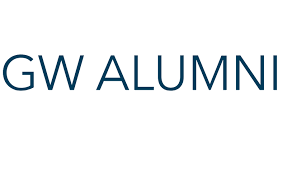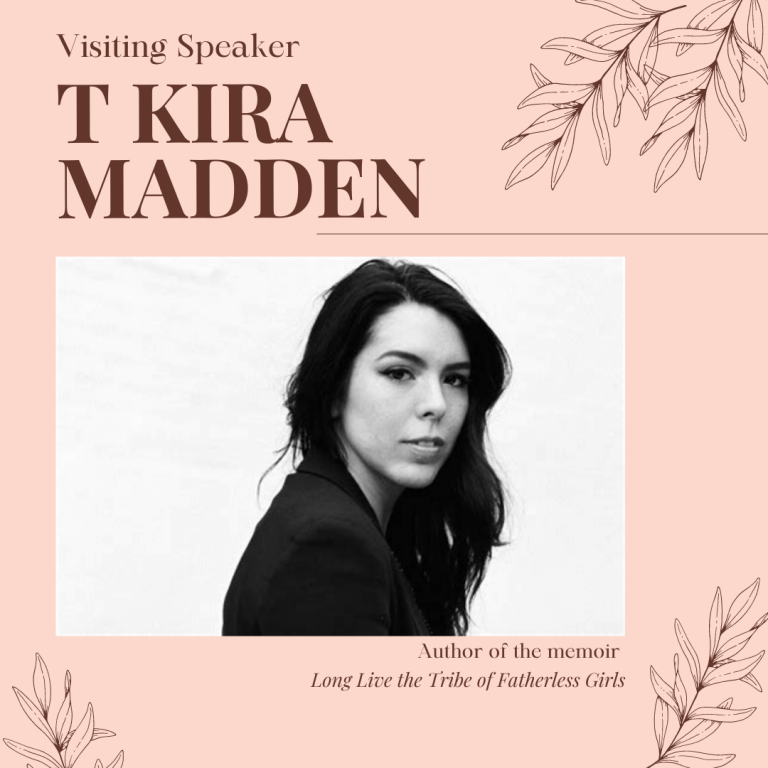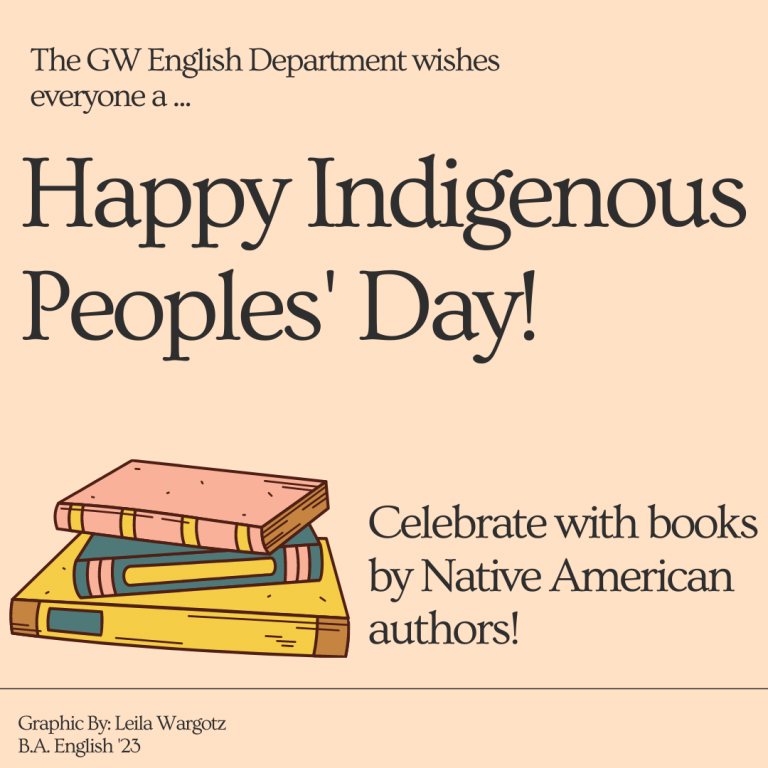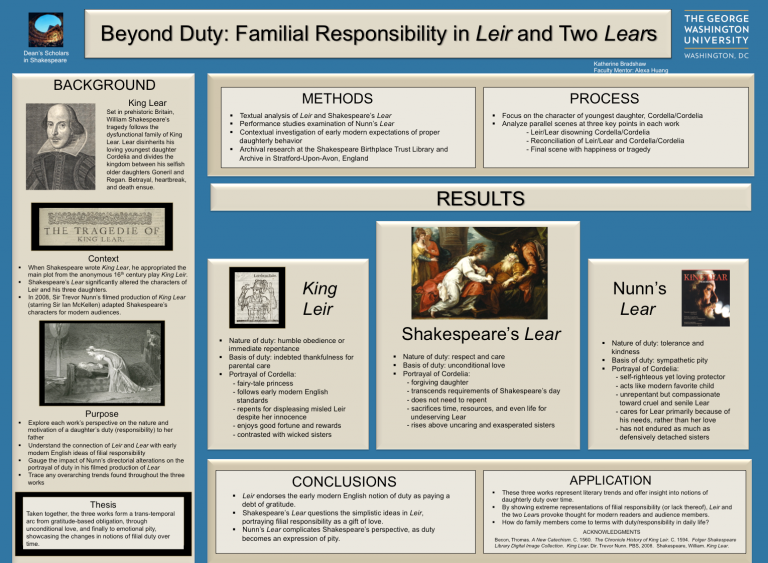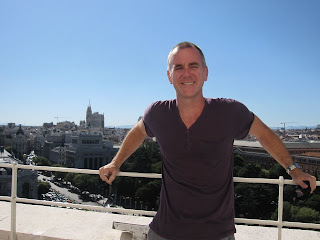Professor Jonathan Hsy reports:
 |
No, the conference was not in Sydney —
but apparently any blog posting about
Australia requires a photo in front of the
Sydney Opera House. |
Last month (mid-February), I had the pleasure of presenting my work at the Biennial International Conference of the Australia and New Zealand Association for Medieval and Early Modern Studies (ANZAMEMS); the theme for the 2013 was “Cultures in Translation” <
http://www.arts.monash.edu.au/history/conferences/anzamems-2013/>, and this proved to be an excellent venue for me to present some of my current work bridging medieval culture and contemporary disability studies. One of our PhD students in English, Shyama Rajendran, also attended the conference — and she gave an excellent paper engaging medieval literary translations with modern theories of embodiment.
There are fewer medievalists working in Australia and New Zealand (compared to the UK, US, and Canada) and I find that this smaller community fosters a real sense of openness to interdisciplinary discussions (people seem to be more willing to step out of the comfort zones of their own disciplines and subfields to find a wider audience). Individual sessions often yielded surprising juxtapositions of topics and approaches. My own talk, “Translating Disability: Thomas Hoccleve, Eyeglasses, and Lyric Prosthesis,” discussed how one medieval poet uses lyric poetry to manage shifting perceptions of his own visual impairment and reflect upon his increased reliance upon the relatively new assistive technology (prosthetic device) of eyeglasses; much of this material is essentially “test run” of a more fully developed keynote lecture I’ll make at the “Transformative Literacies” Conference at the University of Maryland in a few weeks <
http://umdmem13.weebly.com/abstracts.html>. My talk on Hoccleve was paired with a presentation by Annick Macaskill (PhD student in French at the University of Western Ontario) about the early modern poet Anne de Marquets, a nun who wrote French translations of Latin religious poetry. While our presentations initially seemed unrelated, we discovered a important point of convergence in the ensuing discussion: the poet-translator Anne de Marquets was also visually impaired, and she may have dictated some of her own devotional poetry while she was blind.
 |
| Presenters’-eye-view of the presentation slides. |
I was excited to find out just how many other scholars — including many with areas of expertise outside the field of literary studies — are actively engaging premodern culture with modern disability approaches. Dr. Diana Jeffries <
http://uws.academia.edu/DianaJefferies>, Lecturer for Clinical Leadership in the School of Nursing at the University of Western Sydney, examined
The Book of Margery Kempe — an autobiographical text attributed to a medieval housewife; Jeffries brought her professional training to bear in examining Kempe’s intricate portrayal of childbirth and the ethics of care. Dr. Ursula Potter <
http://www.researchgate.net/profile/Ursula_Potter/publications/>, a Renaissance scholar affiliated with the ARC Centre of Excellence for the History of Emotions <
http://www.historyofemotions.org.au/about-the-centre.aspx> at the University of Sydney, offered a fascinating presentation on puberty and eating disorders in Puritan England. I found it remarkable how “patient-centered perspectives” — as they are known in the discourse of health care professionals today — could resonate with premodern forms of what we’d now call autobiography. Historically distant forms of literary autobiography — and the increasingly diverse range of disability memoirs that are being produced today — can work to encourage more attentive approaches to how people inhabit the world and transmit lived experience.
 |
Book Table featuring recent issues of the ANZAMEMS
interdisciplinary journal, “Parergon.” |
 |
Medieval and modern: neo-Gothic
cathedral reflected in glass. |
Outside of disability studies, the conference truly lived up to its theme of “cultures in translation,” showing now engagement with the medieval past reorients how we think about contemporary culture. I was gratified to see scholarship by medievalists animating discussions of topics as varied as mainstream media coverage of the recent papal election to young adult novels set in a mythic past; one presentation by Helen Young <
http://usyd.academia.edu/HelenYoung/Posts> about contemporary discourses of race in the “Game of Thrones” online forums was extremely thought-provoking for me, demonstrating how very urgent and “alive” the Western Middle Ages can be in contexts far beyond Europe (for an interesting Arab-American perspective that resonates with some of Young’s work, see here:
http://www.salon.com/2012/04/01/is_game_of_thrones_too_white/singleton/). ANZAMEMS was a stimulating and mind-expanding experience, and I was pleased to be able to bring my work to a new audience of scholars on the other side of the globe. I hope to return to this venue in the future!
 |
Obligatory koala photo (and future
English Department mascot). |







